10 Smart Ways to Save Money When Traveling in France
France doesn’t have to drain your wallet. With a little planning, you can cut costs without missing out on the experiences that make a trip special.
Here are 10 strategies that go beyond the obvious and work well for today’s traveler.
1. Fly Into Regional Airports
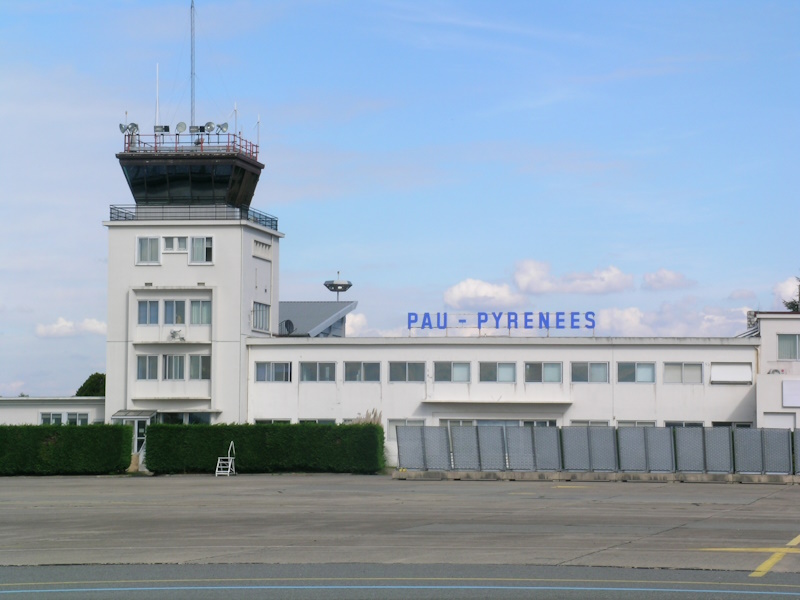
Paris is the default arrival point for most travelers, but it’s rarely the cheapest. Budget airlines like EasyJet and Ryanair often serve regional airports in cities such as Lyon, Marseille, and Nice.
Starting your trip in one of these hubs can cut both airfare and transfer costs, especially if your itinerary isn’t centered around Paris.
2. Take Ouigo or Regional TER Trains
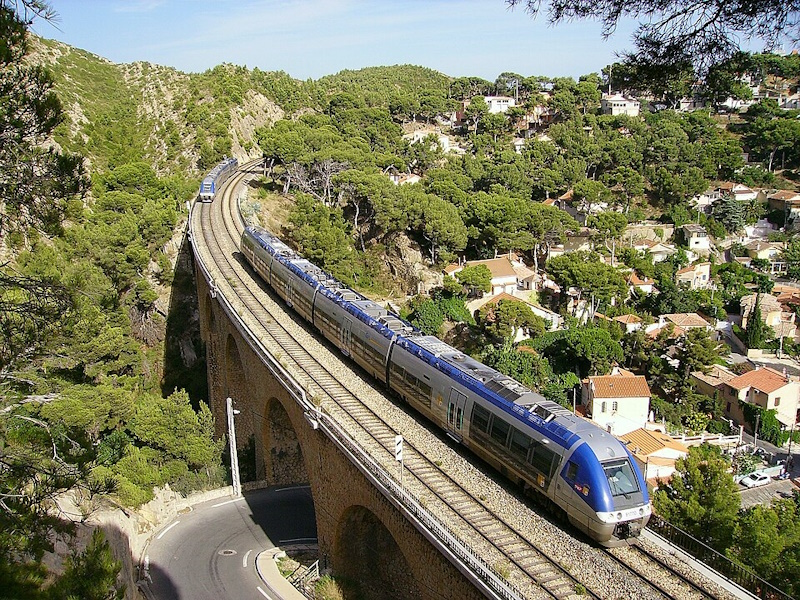
High-speed TGV tickets add up quickly. Ouigo trains, operated by SNCF, run on the same lines at a fraction of the price, though they usually depart from secondary stations.
Regional TER trains are slower but affordable and a good choice if you’re covering shorter distances.
Both let you see the countryside without overspending.
3. Invest in a Carte Avantage
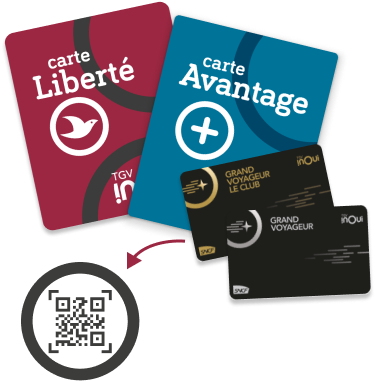
For longer journeys, the SNCF Carte Avantage pays off quickly. At €49 per year, it gives you consistent discounts on TGV INOUI and Intercités trains.
Families, couples, and solo travelers can all benefit, and the savings stack up fast if you plan more than one major rail trip during your stay.
4. Use City Bike Shares
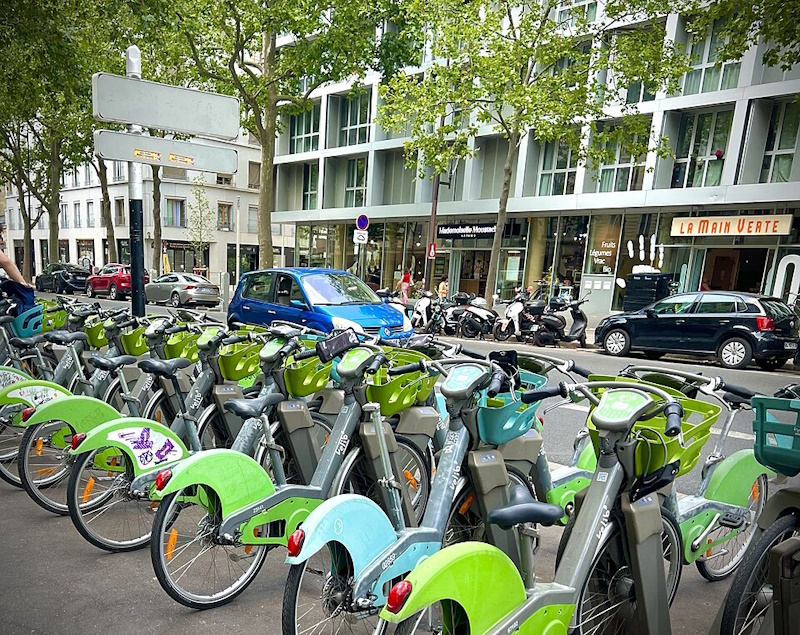
Major French cities run reliable bike-sharing systems. In Paris, Vélib’ offers passes that make short rides almost free. Lyon has Vélo’V, and Bordeaux has V3.
Using bikes not only saves money compared with taxis and ride-hailing apps, it also lets you move quickly through neighborhoods that aren’t always metro-friendly.
5. Shop Local for Easy Meals
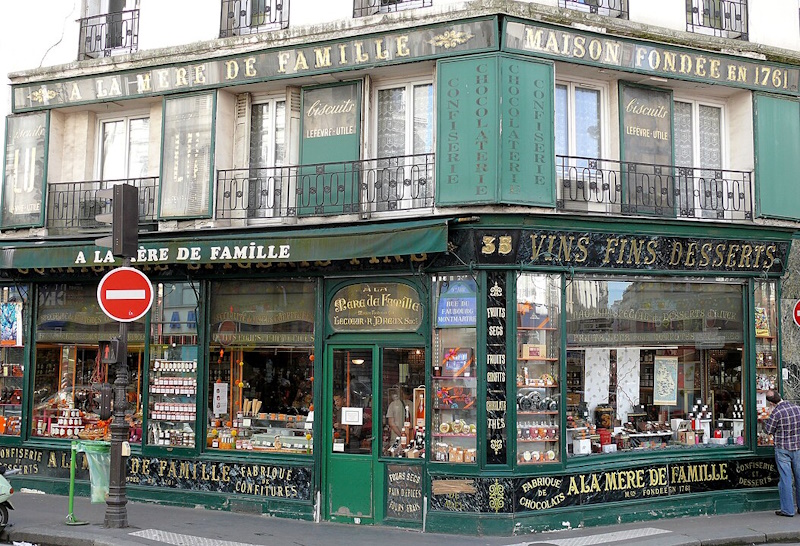
Eating in restaurants three times a day adds up quickly. Markets and supermarkets across France sell quality bread, cheese, and seasonal produce for just a few euros.
Picking up picnic supplies is a budget-friendly way to enjoy authentic French food, whether you’re sitting in a park in Paris or overlooking the sea in Brittany.
6. Explore Regions Outside the Hotspots
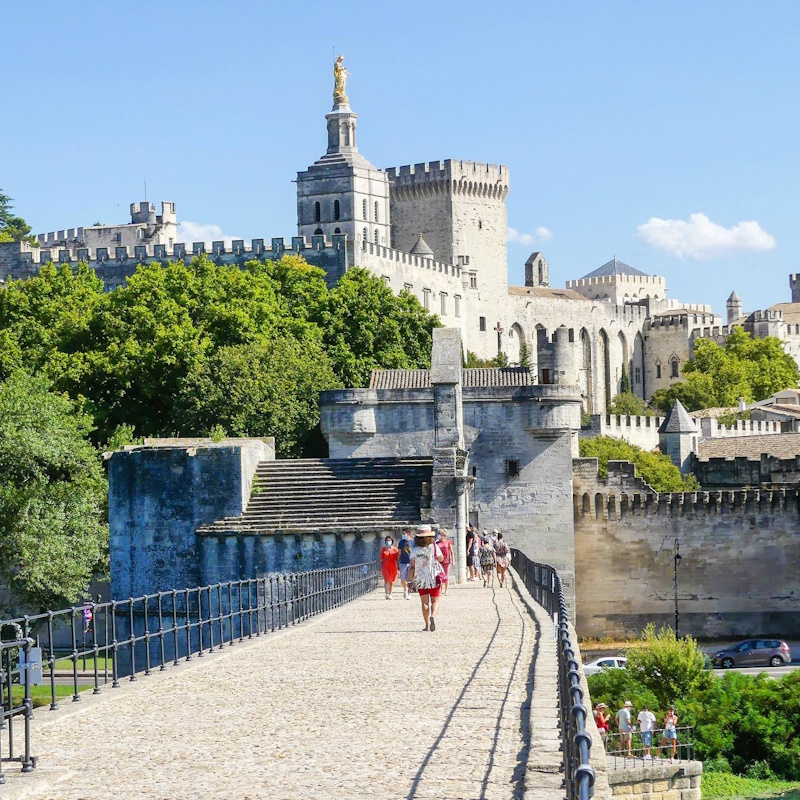
Big-name destinations like the Côte d’Azur or the Loire Valley in peak summer can stretch any budget.
Locals often skip luxury hotspots like Saint-Tropez or Courchevel and head to places like Gruissan, the Jura, or inland Provence villages. These offer scenery, culture, and fewer tourists without the inflated pricing of famous names.
Regions such as Auvergne, Aveyron, or Les Landes coast offer the same French character at a lower price point. You’ll find affordable stays, quieter towns, and plenty of sights without competing with peak-season crowds.
7. Travel Midweek and Compare Smartly
Flights and trains often cost less on Tuesdays and Wednesdays. Booking in private browsing mode (or using a VPN) helps you get the best fares without price jumps tied to repeated searches.
Bundling a hotel with your transport can also unlock discounts. Sign up for airline or SNCF alerts so you don’t miss flash sales.
8. Stay Connected Without Roaming Plans
Instead of paying high roaming fees, pick up a prepaid SIM card from providers like Free, Orange, or even Lycamobile. A €20 package usually includes unlimited local calls, texts, and plenty of data.
It’s far cheaper than daily international roaming charges and keeps you online for train bookings, maps, and restaurant reservations.
9. Book Long-Distance Buses for Extra Savings
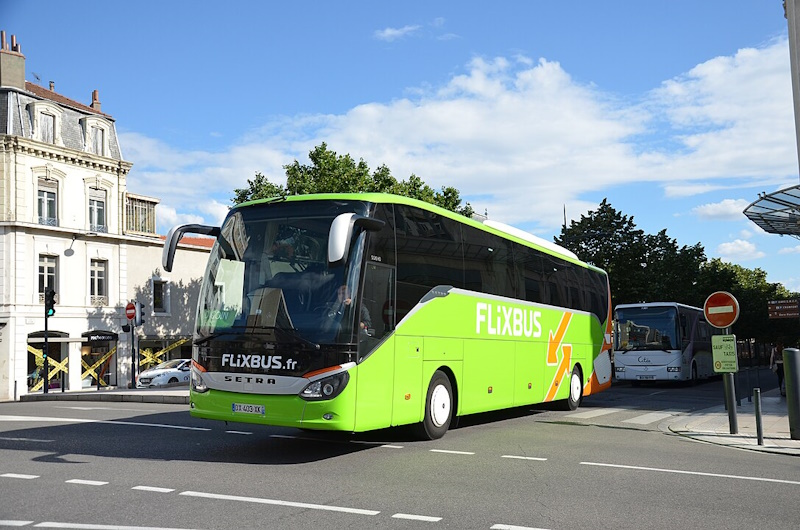
FlixBus and BlaBlaCar Bus connect most French cities and many European capitals. They’re slower than trains but can be half the price, especially if booked early.
Modern buses often include Wi‑Fi and power outlets, which helps on long rides.
10. Use BlaBlaCar for Rides Between Towns
Blablacar, the French carpooling platform matches drivers with empty seats to travelers heading the same way. A trip from Paris to Lyon, for example, will cost a fraction of the train fare.
It’s a safe, legal, and widely used option in France, especially for routes less served by budget trains.
11. Rent Cars in Smaller Cities
Renting a car in Paris or Nice center often costs more than renting in a smaller town. Locals book their cars in places like Tours, Avignon, or Poitiers, where prices are lower and traffic is manageable.
Locals often take a train out of the big city, then start their road trip from there.
12. Stay in Chambres d’Hôtes
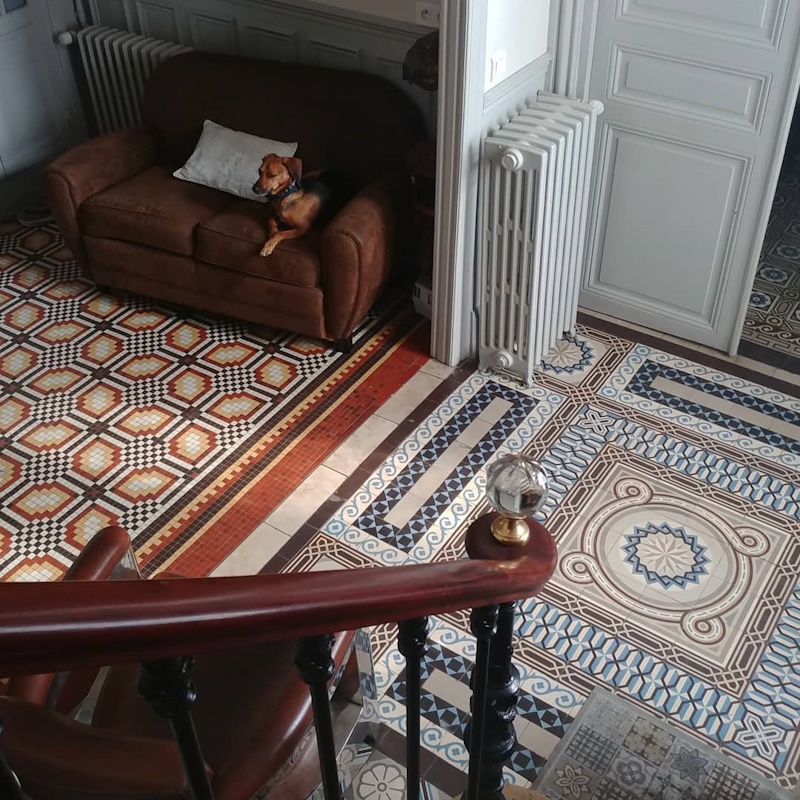
Guesthouses, or chambres d’hôtes, offer better prices than hotels, often with breakfast included. They’re especially common in rural areas and small towns. Guests also love getting friendly advice from the hosts.
Locals book through Gîtes de France, Cybevasion, or even LeBonCoin (leading classifieds site in France) which have listings not always found on Airbnb or Booking.
13. Skip Hotel Breakfasts

Most locals don’t bother with hotel breakfasts that cost €12-€18. Instead, they stop at a nearby bakery or café for a croissant and espresso, usually under €3 total. Better, cheaper, and part of the local rhythm.
